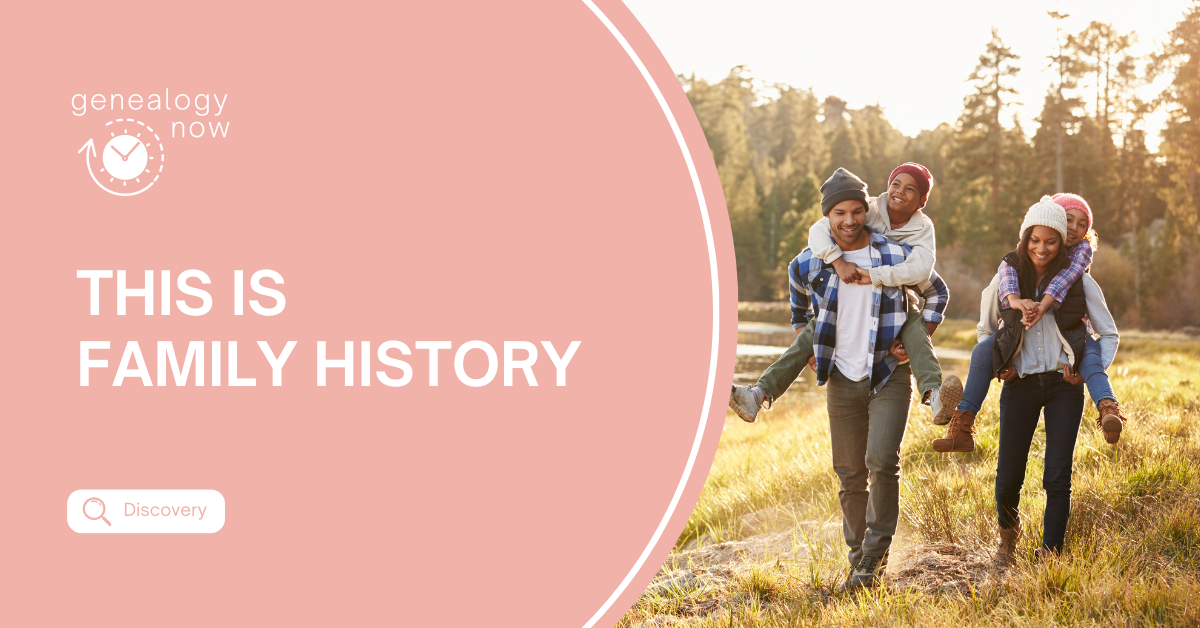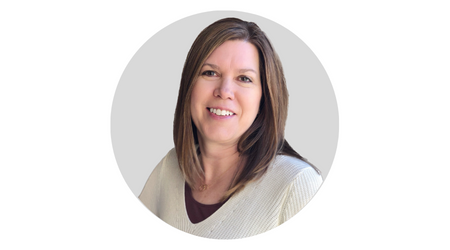
When people find out I am a genealogist, one of the first things they often express is their own lack of knowledge or maybe even desire to “do family history.” I generally respond with the idea that they are already doing family history, whether they know it or not.
What do you picture when you think of family history? Perhaps it has a lot to do with research in old record collections, either in person or online. Maybe you think of names, dates, and places that need to be sorted into some kind of logical order. Maybe it’s walking around old cemeteries or reading old family histories. Whatever comes to your mind, I’m sure you are right – at least to some degree. But family history is so much more! I love the definition provided by Cambridge Dictionary:
Genealogy: the study of the history of the past and present members of a family or families.
Cambridge Dictionary
Family history and genealogy go beyond names, dates, and places of dead people and encompass the social history, traditions, and stories of both the living and the dead. Consider this: you are also participating in family history if you have ever
- Attended a family reunion.
- Made a family recipe.
- Written in a journal.
- Created a scrapbook or photo album.
- Posted about your family activities on social media.
- Looked at family photos with your children/grandchildren.
- Told stories of your childhood to your children.
- Read or told a story about an ancestor.
- Shared your values or beliefs with your children or grandchildren.
- Taken family pictures.
- Learned about where your ancestors lived or visited their homeland.
- Taken your family to visit your hometown.
- Gone on a family trip or made family memories.
- Carried on a family tradition or created a new one.
These and many other activities qualify as “doing family history.” So, next time you are tempted to say you don’t “do family history,” think again. You are almost certainly doing it even if you don’t realize it. And why would this matter?
Studies have shown that people who participate in family history receive benefits. Research from The Family Narratives Lab in 2016 showed that “children and adolescents who know more of their family stories show higher well-being on multiple measures, including higher self-esteem, higher academic competence, higher social competence, and fewer behavior problems.”1 And researchers from Brigham Young University recently published a study in which they discovered a correlation between family history knowledge and positive adolescent identity development.2
Knowing these benefits can inspire us to “do family history” more intentionally. Even if we never sit down to do family history research, putting a little extra thought into those things that we do almost without thinking can provide great benefits for ourselves and our loved ones. What is your favorite way to “do family history?”
- Robyn Fivush, Ph.D., “The ‘Do You Know?’ 20 Questions About Family Stories,” digital article, 19 November 2016, Psychology Today (https://www.psychologytoday.com/us/blog/the-stories-our-lives/201611/the-do-you-know-20-questions-about-family-stories : accessed 4 June 2023).
- Clive G. Haydon, Brian J. Hill, Peter J. Ward, and Dennis L. Eggett, “Identity Development and Its Relationship to Family History Knowledge among Late Adolescents, Genealogy, 7 (22 February 2023); digital version, MDPI (https://www.mdpi.com/2313-5778/7/1/13 : accessed 4 June 2023).
